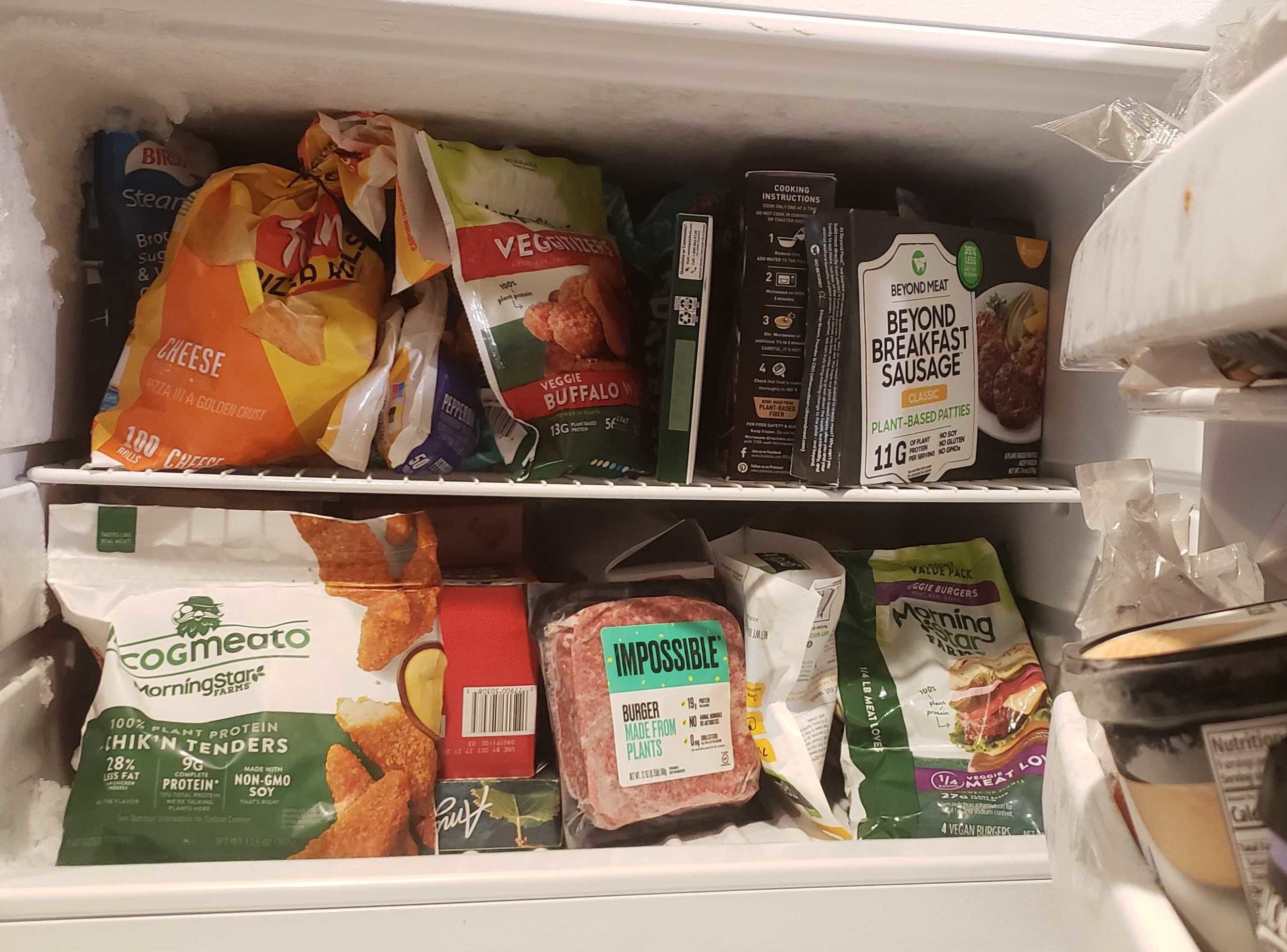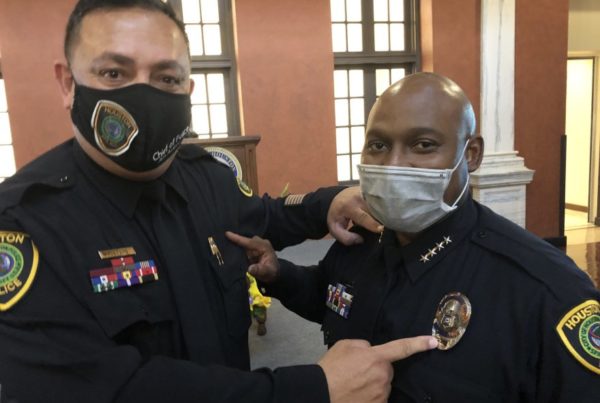Nothing says summer in Texas like the smell of barbecue — though cookouts now offer more options for the vegetarians among us. But, depending on some product’s labeling, those offerings could change.
A bill the Texas House passed last week aims to ban the words “meat,” “beef,” “chicken,” and “pork” from the labels of plant-based and lab-grown food products.
But meat-alternative products have been on the market for decades. Why is this proposal coming out now?
Darren Hudson, a professor and the Larry Combest Endowed Chair for Agricultural Competitiveness at Texas Tech University, says large-scale advertising on the market made some relatively new brands a target.
“I think a big portion of what you’re seeing is the scale of the effect,” Hudson said. “The scale of the venture capital and the publicly-traded companies and the advertising, they really were trying to hit that market niche hard and it created a lot of pushback. And so [that] led to sort of public discussion and then now legislation to try to manage or dictate how those words are going to be defined.”
Legislators including State Rep. Kyle Biedermann (R-73), the Dallas Morning News reports, have supported the bill but also voiced concerned about government overreach.
“I think what we see here is the meat industry is essentially trying to protect its turf or its trademark or its product, if you will, and prevent encroachment and use by these other groups, you know, sort of free riding off the market development that these groups have had,” Hudson said.
Hudson says that when there’s talk about regulating what private businesses do, there will always be a little bit of uneasiness, but legislation has defined standards before for many reasons.
“I think what the Representative is reflecting is an uneasiness about going too far into that realm of going beyond clearly defining something that the public may not know anything about and therefore we’re protecting the public interest versus the government using its power to direct a market and create benefits for one group over another group in a private transaction — where there’s no clear sort of public benefit to the legislation or the restrictions on the use of those words,” Hudson said.
Consider the possible impact on a well-known brand like “Beyond Meat” — where “meat” is in the logo and on all packaging.
“The state is significantly interfering with that business’ right to do business,” Hudson said. “As opposed to a safety standard, for example, of whether or not you say something’s gluten-free, it has to be gluten free, kind of thing.”
He says there’s a very fine line.
“You can make a sort of a compelling argument that using a word ‘meat’ or ‘beef’ or ‘chicken’ falsely is infringing on ranchers and livestock producers’ right to be able to operate in that market,” Hudson said. “But then, there’s that sticky question about the, whether it’s in the brand name — that’s a product branding issue.”
The term “meat” itself is a broad term unlike “pork,” “chicken,” or “beef” — which denote a specific animal. And defining the word “meat” can get almost philosophical when bringing lab-grown cell-cultured food into the mix. Is lab-grown meat — “meat”?
“That’s a great question,” Hudson said. “Because there’s a whole different science between, sort of this cultured-meat versus these plant-based proteins. You know, on the one hand [plant-based foods are] clearly not meat. It clearly never would or could, or any other thing resemble meat. It is just designed, manufactured to look like, taste like meat. Whereas this other actually is, you know, there’s a science behind it in terms of these are meat proteins. These are animal proteins that are being cultured into a meat product.”
Hudson says the debate over the bill raises interesting questions about whether the law is overreaching and whether the science has caught up with the law — or perhaps vice versa.
“I think there are a number of issues that are still open on that,” Hudson said. “I mean, it’s a great debate to be having, it’s a very interesting debate, but it’s a great debate to be having about where is the proper line that we can draw in terms of legislation.”















